“Believe you can, and you’re halfway there.”
– Theodore Roosevelt
As a registered counsellor at TELUS Health MyCare™, I often hear from men trying to reduce their alcohol intake. Their reasons for cutting back include saving money, sleeping better, losing weight and saying goodbye to anxiety-filled mornings.
But there’s another HUGE benefit to drinking less booze that sometimes gets overlooked: It reduces your risk of developing colorectal cancer.
What is colorectal cancer?
A cancerous tumour is basically a bunch of rogue cells that damage tissues and organs around them and can spread to other parts of your body. Colorectal cancer starts in the cells of your colon or rectum. As parts of the large intestine, the colon and rectum play key roles in the digestive process. The colon absorbs water and nutrients and then transfers waste aka poop—to the rectum.
The term “colorectal cancer” is used to describe both colon and rectal cancer due to the tissue similarities of these organs and the absence of a distinct boundary between them.
How much does alcohol increase the risk of colorectal cancer?
Consuming 2 or more alcoholic drinks every day increases your risk of developing colorectal cancer. A “drink” is defined as a regular-sized can of beer, cider, or cooler; a 5 oz glass of wine (which is one-fifth of a bottle); or a 1.5 oz shot of the hard stuff.
The flip side is that the less alcohol you drink, the lower your cancer risk. On that note…
Simple ways to drink less alcohol
Identify and eliminate your triggers
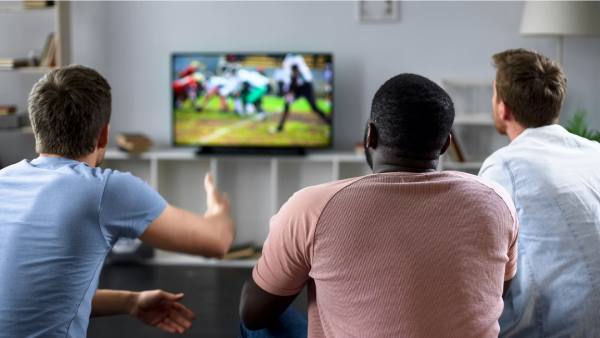
Over time, we learn to associate alcohol with many aspects of our day-to-day routines: coming home from work, making dinner, hanging out with friends, watching sports on TV, and so on.
You can change these learned behaviours by asking yourself the following questions:
- What are the things I do at home that make me crave a drink?
- Which triggers do I act on, and which ones can I resist?
Look for the easiest patterns and routines you can change, and then build on that. Instead of having a scotch before bed, for instance, try using the Calm app to fall asleep. We all want to feel good after working hard all day, but drinking alcohol isn’t the only way to achieve that.
Having a drink after work is another trigger for people. Exercise can stimulate your brain with the same feel-good sensations that alcohol can give you, so try walking home or riding your bike instead of driving. Relaxation + exercise = 2 (healthy!) birds with one stone.
Look for other triggers that increase your desire to drink. For instance, if walking in the door is a trigger, delay having your first drink for as long as you can by going for a walk around the block. Pretty soon, that urge to reach for booze will start to fade and eventually disappear.
Defeat stress without booze
Our relationship with alcohol can be emotional, and drinking is a common response to stress. However, the stress relief alcohol provides is usually short-lived. Research shows that excess drinking ultimately causes or worsens the problems people think it solves: anxiety, stress, depression, and relationship conflicts.
There are plenty of easy ways to cope with stress that don’t involve alcohol:
Create a daily routine that gives you a feeling of control and counters the stresses of day-to-day life. It can be as simple as maintaining consistent wake-up times and bedtimes, setting aside a few minutes for breakfast each morning, and taking regular breaks at work. At lunch, leave your work area and eat elsewhere, and at the end of the workday, be sure to fully unplug.
Get active every day to send feel-good messages to your brain’s reward centre. Send those messages regularly, and the urge to get active will become automatic. Whether you take a 20-minute walk outside or play with the kids and/or dog in the backyard, your mental and physical health will thank you.
Connect with friends. Pick up the phone and call someone. Or go out and grab a coffee with them.
Make sure you get enough sleep to stay healthy. Sleep and stress are closely linked, so getting 7 to 9 hours of nightly shuteye is important. Turn off phones and other electronic devices to give yourself time to unwind as bedtime approaches. The exceptions: sleep apps or relaxation music that prepare you for a good snooze.
Laughter is the best medicine
Sometimes, you simply need to laugh. You know that light-hearted and refreshed feeling you get from laughing at a funny video? That feeling comes from dopamine and the benefits of having a good laugh last longer without the negative consequences.
Be in the moment
When we feel stress or anxiety, our minds are often living in the future or the past. Mindfulness, however, is about being in the present moment.
Deep breathing and meditation are highly effective ways to achieve mindfulness and reduce stress. You can easily include them in your after-work or bedtime routines. And, like most activities, the more you do them, the easier it becomes to feel the benefits.
Practicing mindfulness can take many forms. It can be anything that slows life down and puts you in the moment: reading, audiobooks, music, art, or even yard work.
For men, one of the most popular activities is cooking. Choose a recipe, and spend half an hour in the kitchen focusing on each step. You’ll send stress packing and get a tasty and healthy dinner to boot!
Go for some H2O
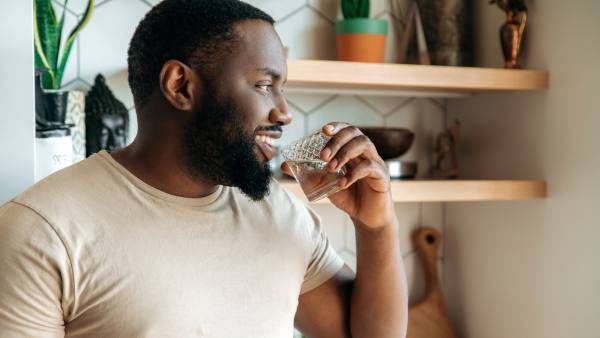
Having a big glass of water before getting together with friends can help pace your alcohol intake. Follow every alcoholic drink with water, drink slowly, and you’re more likely to skip a round or two. Water also helps your body process and eliminate alcohol faster.
A measured approach
Measure your pour: Using a shot glass to mix cocktails ensures you don’t overpour and will help you consume less alcohol.
Glass half full: Filling glasses only halfway up has been shown to significantly reduce booze intake.
Use non-traditional glassware: Studies have shown that narrow wine glasses and straight-sided beer glasses with measurement markings slow down consumption. That’s why bars and pubs give you a curved glass—to sell more booze!
Dilute your drinks with ice: Adding ice to drinks dilutes them, cutting the alcohol content (by volume) and reducing the frequency of refills as the ice melts.
Drink light beer: We’ve all heard the “tastes great, less filling” slogan, but some light beers are incredibly light on calories and can surprisingly quench your thirst while keeping the beer belly at bay.
Try the no-alcohol version
Many popular cocktails can be just as tasty with less or no booze. Pack a glass with ice cubes, pour tonic water or Clamato over top, and squeeze in some fresh lime or lemon. The result is as refreshing and tasty as a regular gin and tonic, vodka and cola, or bloody Caesar.
Signs and symptoms of colorectal cancer
Are you concerned about your risk of colorectal cancer? The following symptoms should be checked by a medical professional:
- Unexplained changes in bowel habits, such as constipation or diarrhea
- Poop that looks narrower than usual
- Feeling like the rectum is not completely empty after a bowel movement
- Bright or very dark red blood in the stool
- Bleeding from the rectum
- Persistent abdominal pain/discomfort, including bloating, fullness, cramps, gas pain
- Pain or discomfort in the rectum
- A lump in the abdomen or rectum
- Fatigue, weakness and shortness of breath
- Nausea and vomiting
- Loss of appetite
- Unexplained weight loss
- Swollen lymph nodes, which are located in the groin, armpits, behind the ears, on the back of the head, on the sides of the neck, and under the jaw and chin
- A yellowing of the skin and eyes
- Dark or brown-coloured urine
- Pain in the abdomen, back, buttocks or legs
How to catch colorectal cancer early
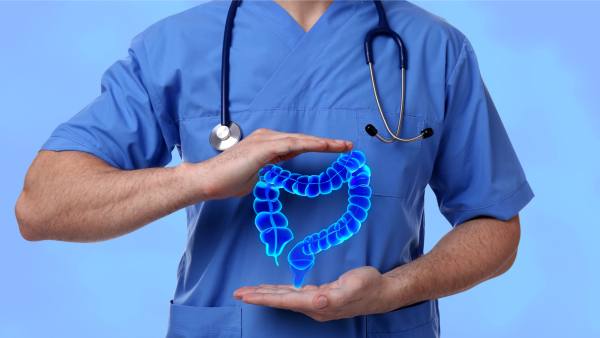
Colorectal cancer may not produce any symptoms in its early stages. That’s where the Men’s Health Checklist comes in. Click here to download your free copy and find out when to schedule health tests, exams, vaccinations, and screenings. Colorectal cancer screenings, for instance, should take place every two years after age 50.
This brings me to a famous quote from another U.S. president, John F. Kennedy: “The time to repair the roof is when the sun is shining.”
What are some of the ways you like to unwind without alcohol? Let us know in the comments below!
Are You at Risk?
Learn your risk level for the most common men’s health conditions in 10 minutes with a free, confidential, and personalized report.
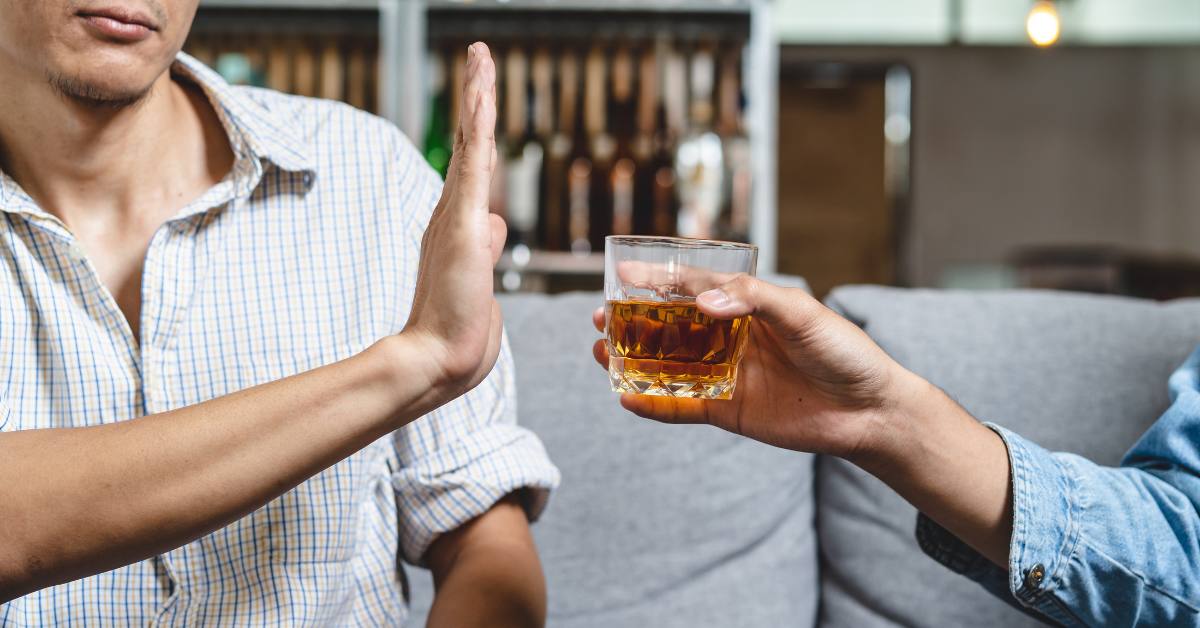


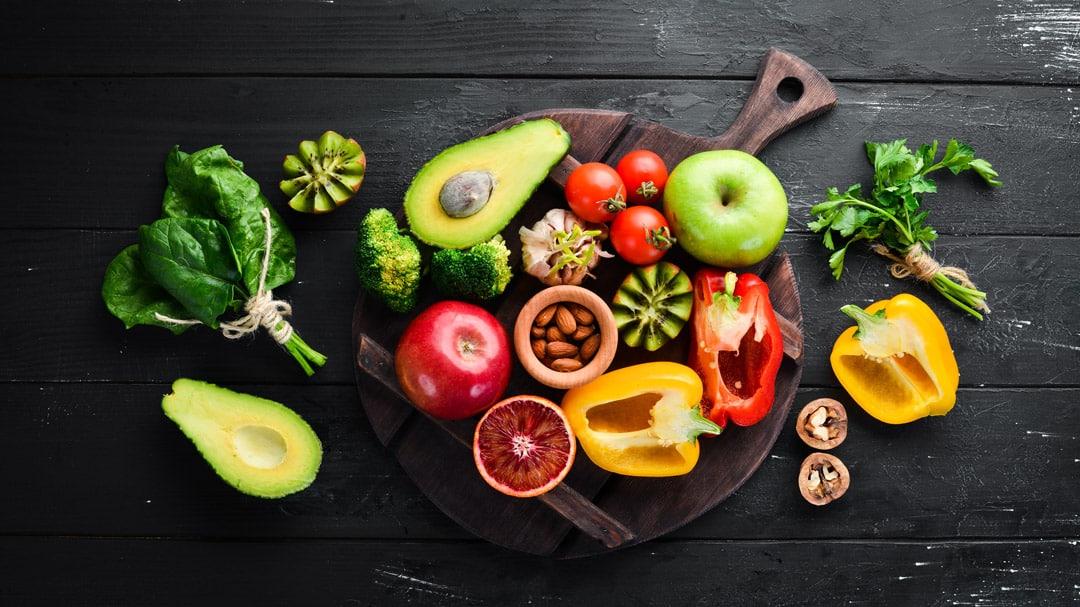
Let’s Talk!
Did you enjoy this article? Let us know in the comments.
0 Comments